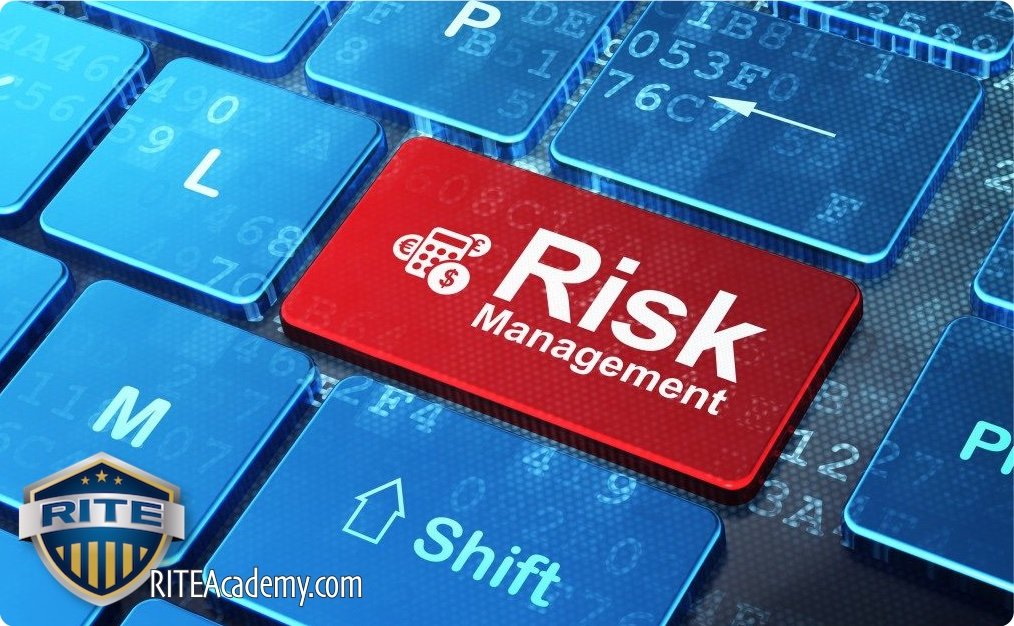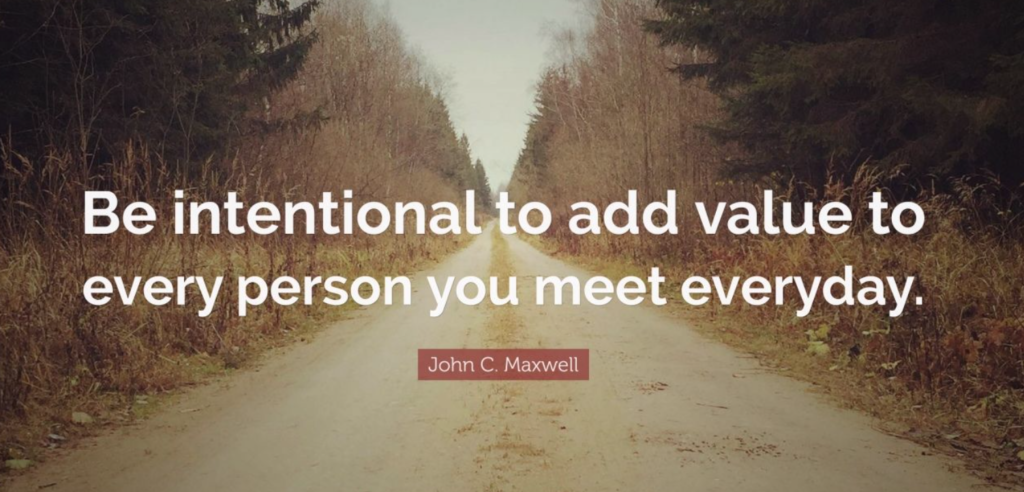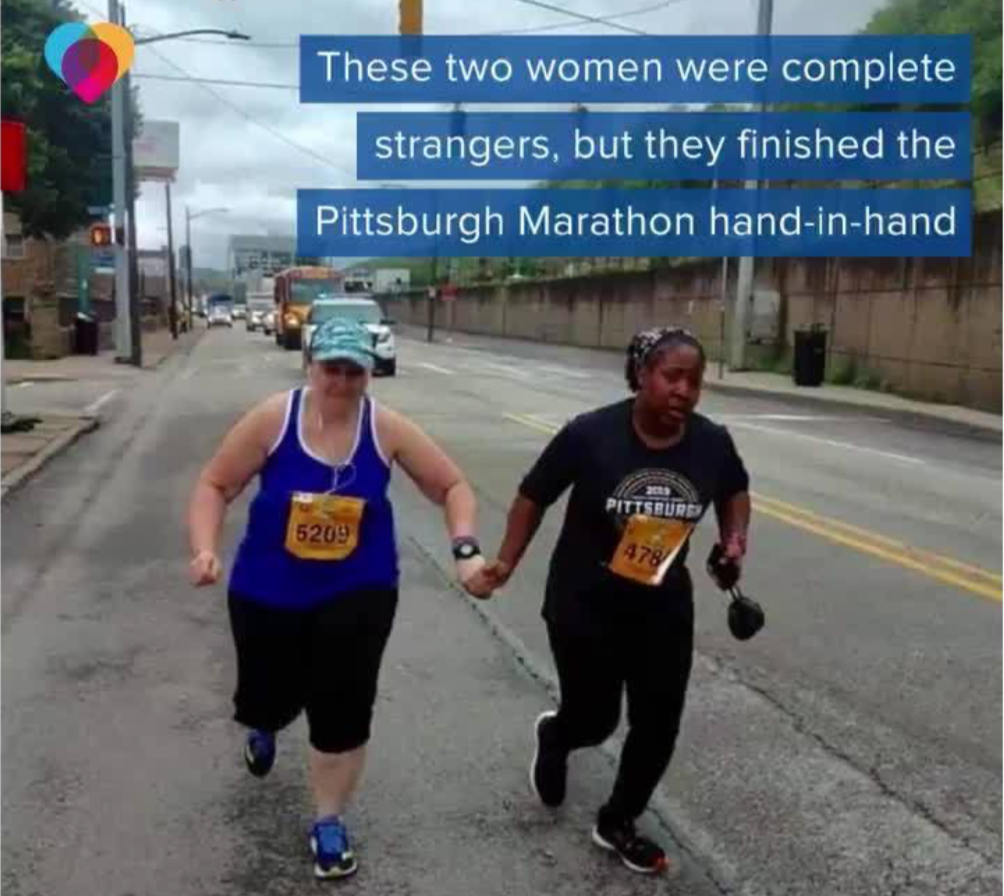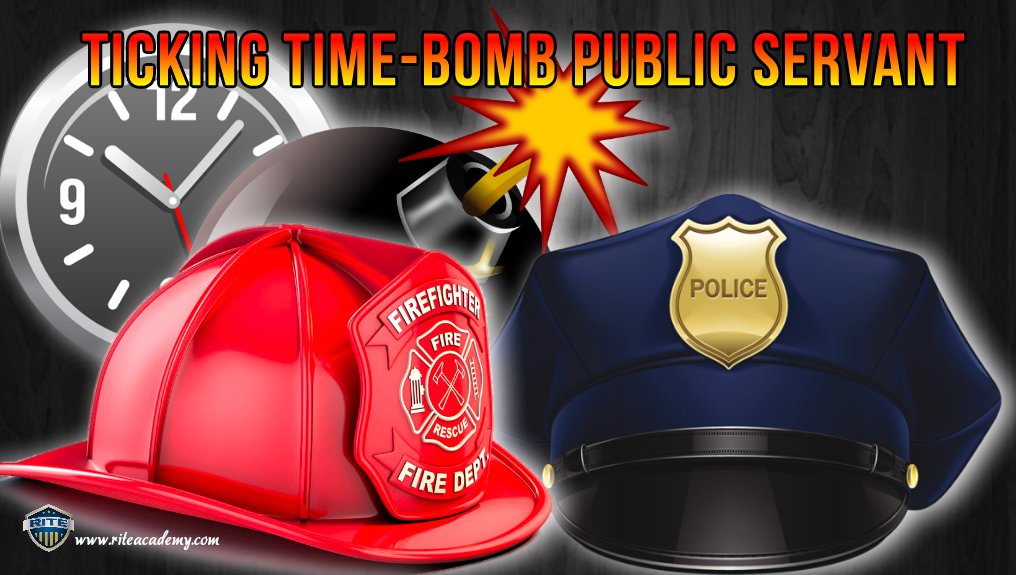Police Culture Goes from ‘Good to Great’
Every department has ‘Great’ Officers, and every department has not-so-great officers. At least 70% of your department is made up of amazing officers!
- They come to work HAPPY, ready to ‘Do the Right thing’ at their job
- Treat others with KINDNESS and respect
- Are not bothered by the little things, and can brush things off
Whether you’re a Police department, Sheriff’s office, or Correctional facility, 30% of your personnel may display negative emotions towards others. Think about it... that means they are living with these emotions inside of them every day. Living with negative emotions ruling your day, can be the cause of great liability risk to the department, because eventually those emotions will be lashed out on others.
Risk factors that could impact your agency in a negative way:
- Officers coming to work already angry
- Employees easily annoyed by others (inside and outside the dept.)
- Officers that are irritated by the smallest things
- Officers not wanting to accept change within the department (promotions, shift changes)
‘Emotional Intelligence Accountability’ should be a priority in enhancing the police culture. EI Training builds your department from ‘Good to Great’.
Social Media: a Plus, and a Minus
 Upside – We’ve seen how social media can capture great heroic moments, and wish we would see more of those.
Upside – We’ve seen how social media can capture great heroic moments, and wish we would see more of those.
Downside – The downside to social media is it can capture the worst moments of an officers negative emotions (Anger, Frustration). Closely scrutinizing their voice commands, their emotions, and evaluating whether the proper use of force was used during public encounters.
One ‘bad day’ for a police officer displaying negative emotions could be career-ending, and a media night-mare for the police department. There’s that double-edged sword of social media.
Emotionally-Challenged Training
Progressive departments are now focusing more on Emotional Intelligence to help their police officers with stress. No one is born knowing how to deal with stress, yet many officers feel stress every day at work, and then have to turn it off when they go home. It’s not taught in the academy, so this training needs to be on-going agency training to help officers deal with PTSD.
Emotions drive behavior, which leads to either a positive or negative encounter with the public.
- Emotional
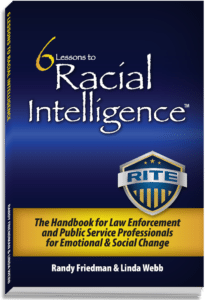 Intelligence (EI) is learning how your emotions effect you, which in turn will effect others.
Intelligence (EI) is learning how your emotions effect you, which in turn will effect others. - Social Intelligence (SI) is learning how navigate and negotiate our emotions, to help us interact better with others.
We put it all together in a simple to understand training called Racial Intelligence. It starts with “treating myself fairly first.”
(2) Questions to ask your officers:
- Have you ever escalated a police call, because you were ANGRY before you arrived on scene?
- Do you find yourself engaging in ‘negative talk’ or complaining with other squad members?
Police Chiefs are setting a higher bar of emotional expectations as part of their progressive police culture, starting with EI. Just like having physical tools on the gun belt (gun, Taser, flashlight), Issuing EI Tools to each officer provides the accountability departments need to strengthen practices and culture.
‘Emotional Intelligence Accountability’ Guideline points:
- Controlling your emotions in the performance of duty
- The need to use proper restraint during ‘response-to-resist’ incidents
- Reinforces public connection with the use of empathy communication
EI Tools Decreases Liability Risk
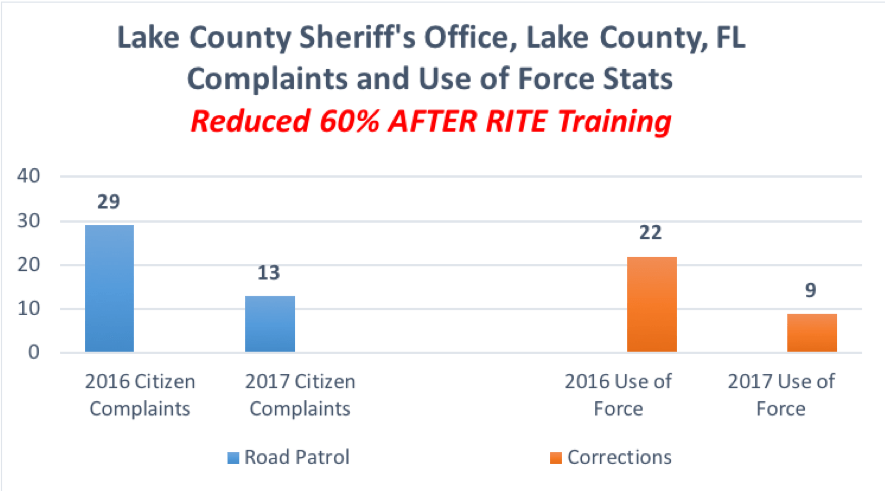 Police stats show that an officer will only use their tactical gear 5% or less on police calls, but yet 95% of the time, Emotional Intelligence Communication Tools will be used.
Police stats show that an officer will only use their tactical gear 5% or less on police calls, but yet 95% of the time, Emotional Intelligence Communication Tools will be used.
RITE Academy’s Emotional Intelligence Tools, have proven to help reduce ‘Use of Force’ incidents and reduced police complaints by 60%, after one year of RITE implementation.
‘Emotional Intelligence Accountability’ starts by issuing every officer EI Tools, a police executive can hold each of their officers accountable while setting a higher standard.
“Police-community interaction is probably the biggest component that police have to face,” Upper Darby Superintendent Chitwood says. “Whether they’re racial components, or dealing with the community as a whole, this kind of training can at least give you the tools to deal with the community in a more proactive way. I think if you look across the country, I think there needs to be more of this type of training.”
RITE Emotional Intelligence (EI) Tools is the game changer that helps your departments police culture go from Good to Great!
About
RITE Training helps officers de-escalate 95% of calls, by improving communication. Unique RITE Tools with EI & SI improves communication, builds Career resiliency, improves Department morale, and mitigates risk management. Check our EVENTS page for a training near you, or become a Host site! Contact
